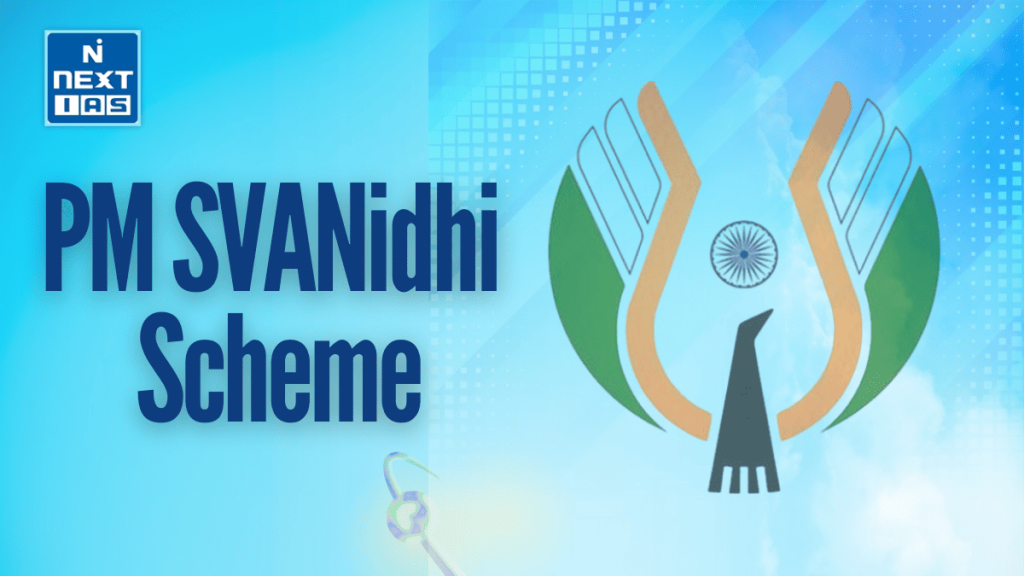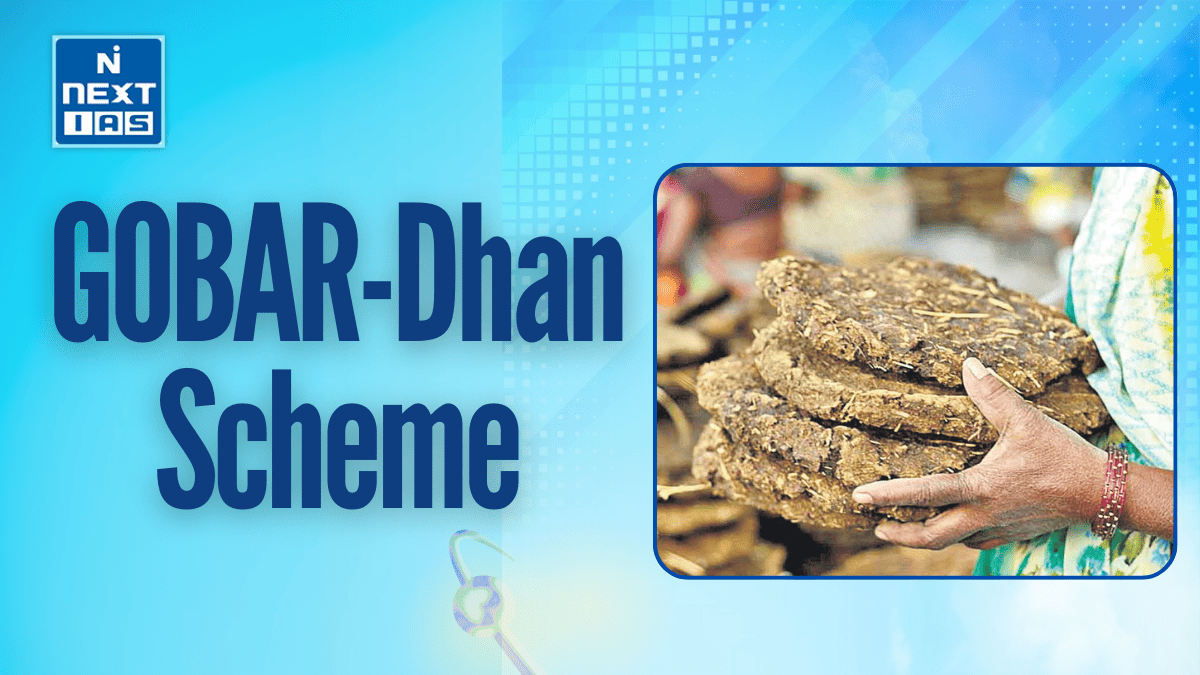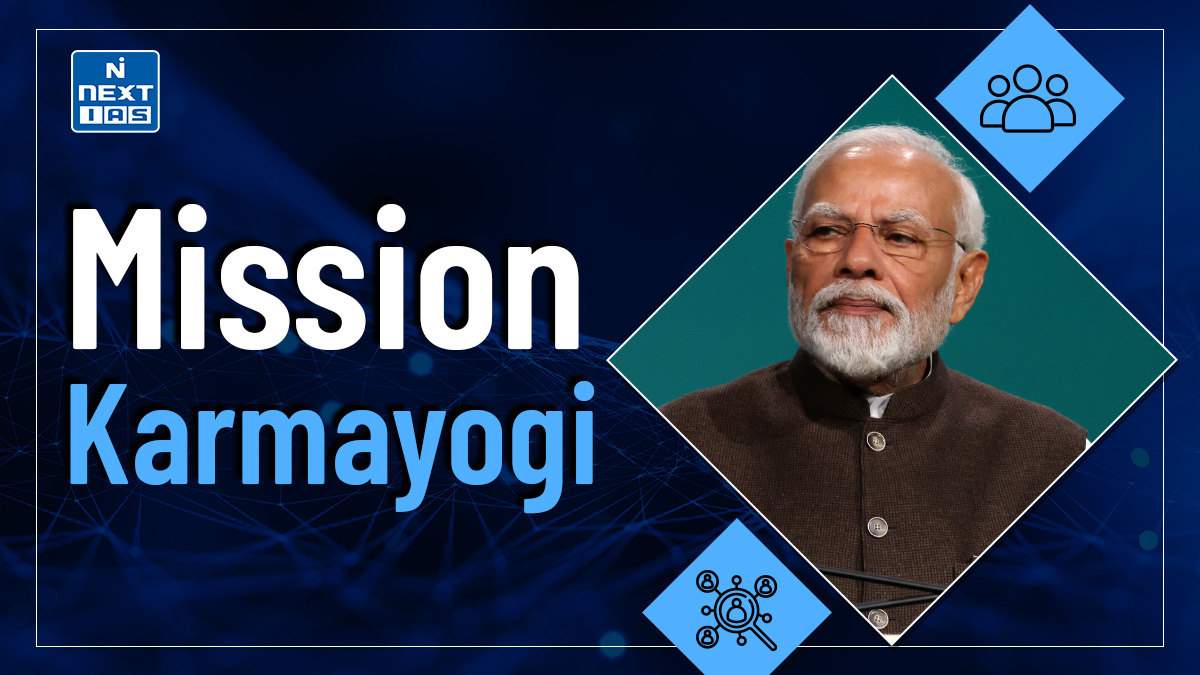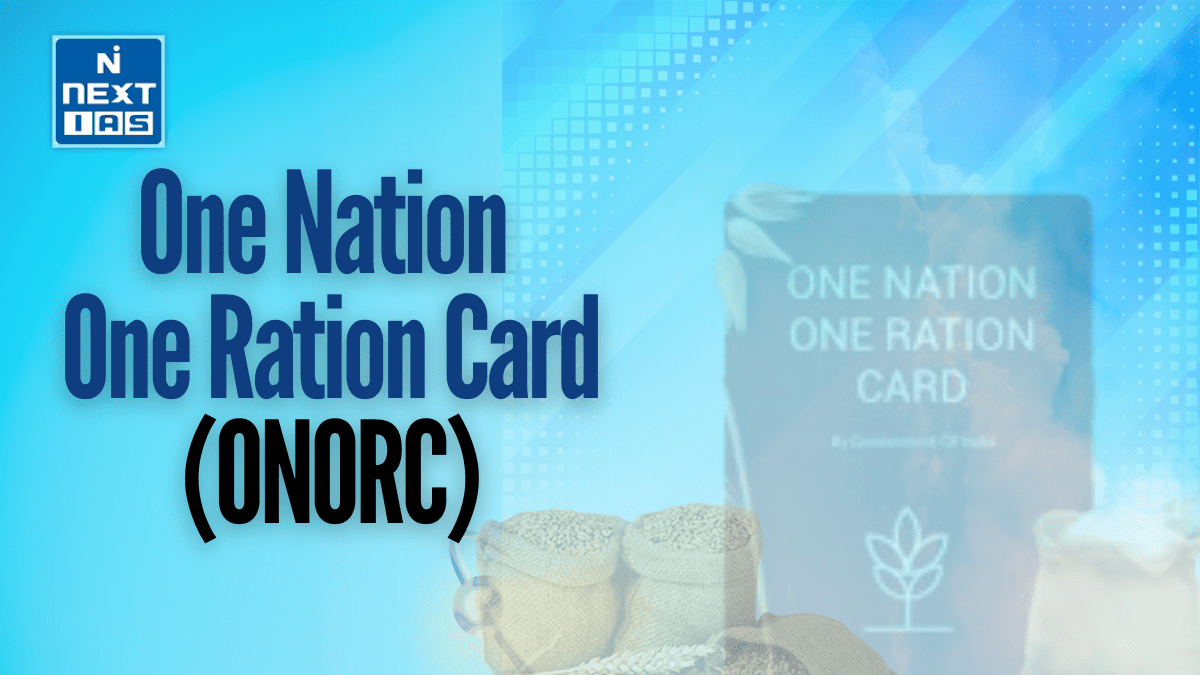
Ministry of Housing and Urban Affairs has launched a scheme named PM Street Vendor’s AtmaNirbhar Nidhi (PM SVANidhi) for empowering Street Vendors, who are to be given loans and undertake their holistic development and activity for economic upliftment. The scheme proposes collateral-free working capital loans, further up to INR10,000/- for one year, to approximately 5 million street vendors to restart their businesses in urban areas and adjoining peri-urban or rural areas.
About the PM SVANidhi Scheme
- The Ministry of Housing and Urban Affairs (MoHUA) launched the PM SVANidhi scheme (Pradhan Mantri Street Vendor’s AtmaNirbhar Nidhi) in June 2020 and rolled it out to support street vendors affected by the COVID-19 pandemic.
- It offers micro-credit facilities free of security, beginning with ₹10,000, whereas subsequent loans of ₹20,000 and ₹50,000 are issued upon punctual repayment.
- The objective of the scheme is to promote the financial inclusion of vendors, with interest subvention at 7% and cashback upon doing digital transactions.
- Furthermore, the scheme works in upgrading the vendor into the formal credit system to improve his/her livelihood.
- It is intended for urban street vendors all over India and may include vendors working in peri-urban or rural areas.
- In addition, it keeps vendors from slipping out of the formal economy by linking digital payment systems with banks, thus paving the way to make them somewhat self-sufficient.
- PM SVANidhi nurtures street vendors, thereby contributing to the growth of urban economies and sustainable livelihood opportunities. This scheme is a part of the government’s bigger vision toward Atmanirbhar Bharat (Self-Reliant India).
Eligibility Criteria of the PM SVANidhi Scheme
The PM SVANidhi Scheme is provided to all those street vendors who were engaged in vending in urban areas as on or before 24th March 2020. The eligible vendors shall be identified on the following criteria:
- An already existing vendor in possession of Certificate of Vending/Identity Card issued by the Urban Local Bodies (ULBs)
- The vendors who have been identified in the survey but have not been issued Certificate of Vending/Identity Card; Provisional Certificate of Vending would be generated for such vendors through an IT based Platform. ULBs are encouraged to issue such vendors the permanent Certificate of Vending and Identification Card immediately and positively within a period of one month
- Street Vendors, who had been left out of the ULB led identification survey, or who have started vending after the completion of the survey, and have been issued Letter of Recommendation (LoR) to that effect by the ULB/Town Vending Committee (TVC)
- The vendors of surrounding development/peri-urban/rural areas vending in the geographical limits of the ULBs and have been issued Letter of Recommendation (LoR) to that effect by the ULB/TVC.
Features of the PM SVANidhi Scheme
The PM SVANidhi Scheme (Pradhan Mantri Street Vendor’s AtmaNirbhar Nidhi) is a micro-financing initiative launched by the Ministry of Housing and Urban Affairs (MoHUA) in June 2020 to support street vendors in urban, peri-urban, and rural areas. Below are its key features:
Collateral-Free Loans
- Provides an initial working capital loan of ₹10,000.
- On timely repayment, vendors may avail of ₹20,000 in the second cycle and ₹50,000 in the third cycle.
Interest Subsidy
- Vendors are given a 7% interest subsidy for timely repayments of loans.
- The subsidy amount is credited every quarter to the borrower’s account.
Cashback Incentives for Digital Transactions
- Encourages digital payments by way of up to ₹1,200 as cash back per annum.
- The vendors stand to get cash back depending upon how much digital transaction they do.
No Collateral Required
- This loan requires no such collateral and thus remains easily accessible to the small vendors.
Integration with Digital Payments & Financial Inclusion
- The vendors are encouraged to resort to UPI, QR Code, etc., as their digital payment modes.
- This assists in constructing their credit history to obtain loans in the future.
Eligibility
- This is available for street vendors operating before March 24, 2020.
- Includes vendors registered with urban local bodies (ULBs).
Loan Repayment Flexibility
- Loans may be repaid in monthly installments for 12 months.
- No penalty for early repayment.
Significance of the PM SVANidhi Scheme
Financial Empowerment
- Offers collateral-free micro-loans starting at ₹10,000, with further provisions for loans of ₹20,000 and ₹50,000 in case of timely repayment. With no stringent loan conditions, the vendors may start up or mature their establishments.
Promotion of Digital Transactions
Through its cashback incentives, up to ₹1,200 per year on digital transactions, the scheme incentivizes street vendors to use digital payment methods like UPI, QR codes, and mobile banking. It increases transparency and channels them into the formal financial system.
Economic Growth and Self-Reliance
By aiding vendors in obtaining bank credit, the scheme helps strengthen the unorganized sector to bolster economic growth and generation of employment. It promotes small businesses as per the Government’s vision of Atmanirbhar Bharat (Self-Reliant India).
Social Inclusion
The scheme favors the interest of marginalized communities, including women and backward classes, thus ensuring equitable economic opportunities.
By formalizing street vendors and enhancing their creditworthiness, PM SVANidhi fosters long-term financial stability, ensuring sustainable livelihoods for millions across India.
Lacunae of the PM SVANidhi Scheme
The PM SVANidhi Scheme, while beneficial for street vendors, has certain lacunae and challenges that hinder its full effectiveness.
Low Awareness and Outreach
- Street vendors in smaller towns and rural areas largely lack awareness about the scheme.
- Limited capacity of using digital media further restricts the access of street vendors to application procedures and benefits.
Complex Documentation and Eligibility Barriers
- Under the scheme, vendors must be registered with urban local bodies (ULBs), but many vendors work informally without paying any kind of tax or having any documentation.
- There are more bureaucratic hurdles laid down by the requirement of Letter of Recommendation (LoR) from authorities.
Slow Loan Disbursal and Bank Reluctance
- In many cases, banks tend to refrain from lending to street vendors on account of the perceived high risk of default.
- Waiting for loans to be processed translates into waiting for much-needed capital to invest in their businesses.
Limited Access to Digital Payments
- While digital mode of payment can get them cash back incentives, most vendors do not have smartphone or bank accounts to avail the facility.
- Even customers in small towns and rural areas prefer to pay in cash. This preference limits the effectiveness of the scheme.
Inadequate Loan Amount
- The ₹10,000 initial loan amount may not be sufficient working capital for many vendors.
- Even when repaid timely, subsequent loans of ₹20,000 and ₹50,000 take long to come through.
Urban-Centric Focus
- The scheme primarily targets urban street vendors, with limited outreach to those in semi-urban and rural areas.
PM SVANidhi Scheme for UPSC CSE Prelims
Basic Detail
- Full Name: Pradhan Mantri Street Vendor’s AtmaNirbhar Nidhi (PM SVANidhi) Scheme
- Launched by: Ministry of Housing and Urban Affairs (MoHUA)
- Launch Year: June 2020
- Objective: Micro financing for street vendors
Loan Structure
- First Loan: Rs. 10,000/- (One year tenure, monthly repayment)
- Second Loan: Rs. 20,000/- (On timely repayment)
- Third Loan: Rs. 50,000/- (On timely repayment of second loan)
- No security/collaterals required.
Financial Benefits
- 7% interest subsidy (credited every quarter)
- Cashback of up to Rs. 1,200/- per year for every digital transaction
- No prepayment charges
Eligibility
- Urban street vendors operating before 24th March 2020
- Vendors recognized by Urban Local Bodies (ULBs)
- Also, covers peri-urban and rural vendors in notified areas
Additional Features
- Encourages digital payments (UPI, QR codes, etc.)
- Fulfillment of vendor credit history for future financial inclusion
- Implemented through Scheduled Commercial Banks, NBFCs, RRBs and MFIs
Significance
- Under Atmanirbhar Bharat Abhiyan
- Life recovery support after COVID-19
- Formalizing informal economy sectors
Way Forward
Major expansions for PM SVANidhi can be further considered by increasing the loan amount limit, promoting financial literacy among the vendors, and incorporating more vendors in the digital payment ecosystem. Further awareness campaigns, ease of application processes, and sustenance-based long-term interventions will help vendors grow into self-reliant individuals contributing toward an inclusive urban economy in India.
Conclusion
Under the PM SVANidhi Scheme, street vendors are empowered with loans that do not require any collateral, with interest subsidies and digital incentives as well, thus guaranteeing financial inclusion and self-reliance. Integration of vendors into the formal economy promotes economic stability, safeguards livelihoods, and furthers the objective of Atmanirbhar Bharat (Self-Reliant India).





